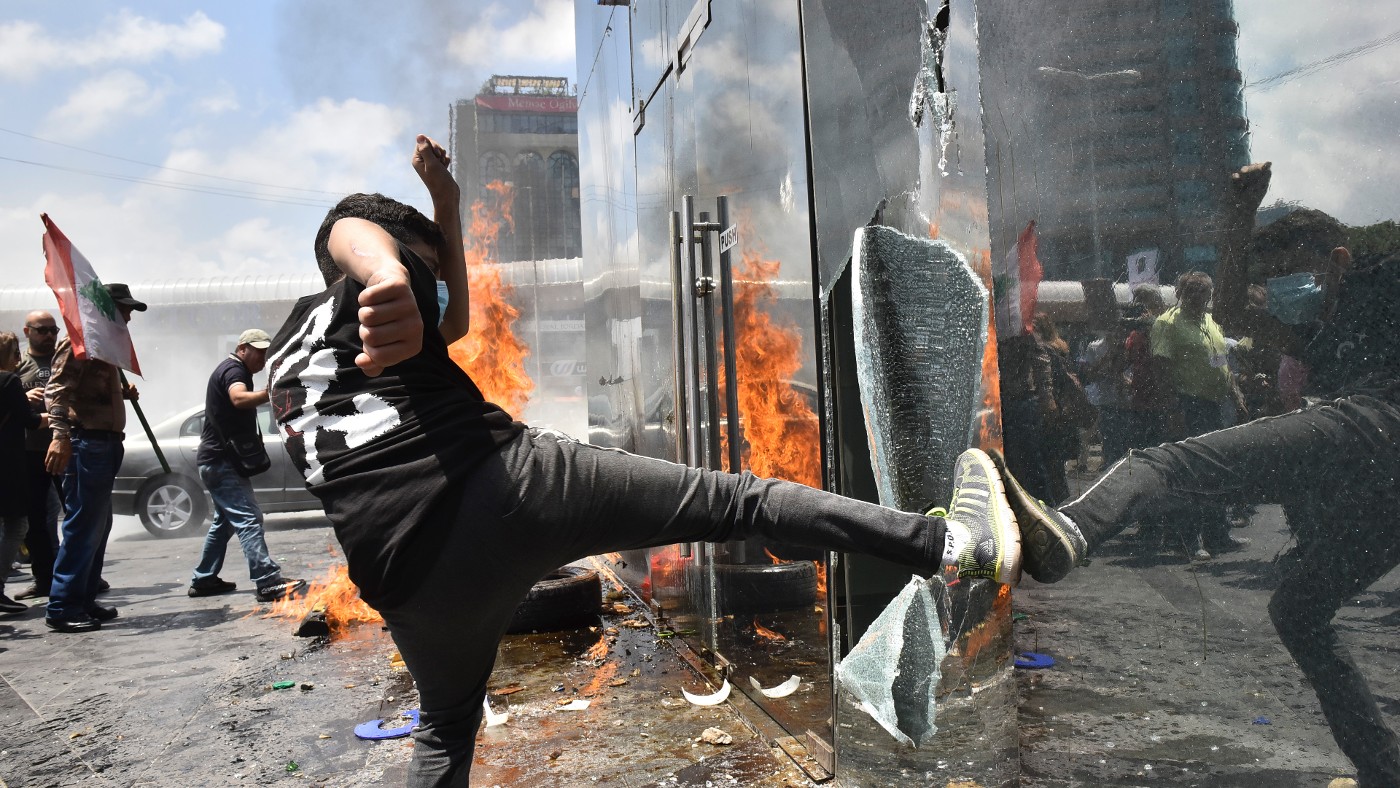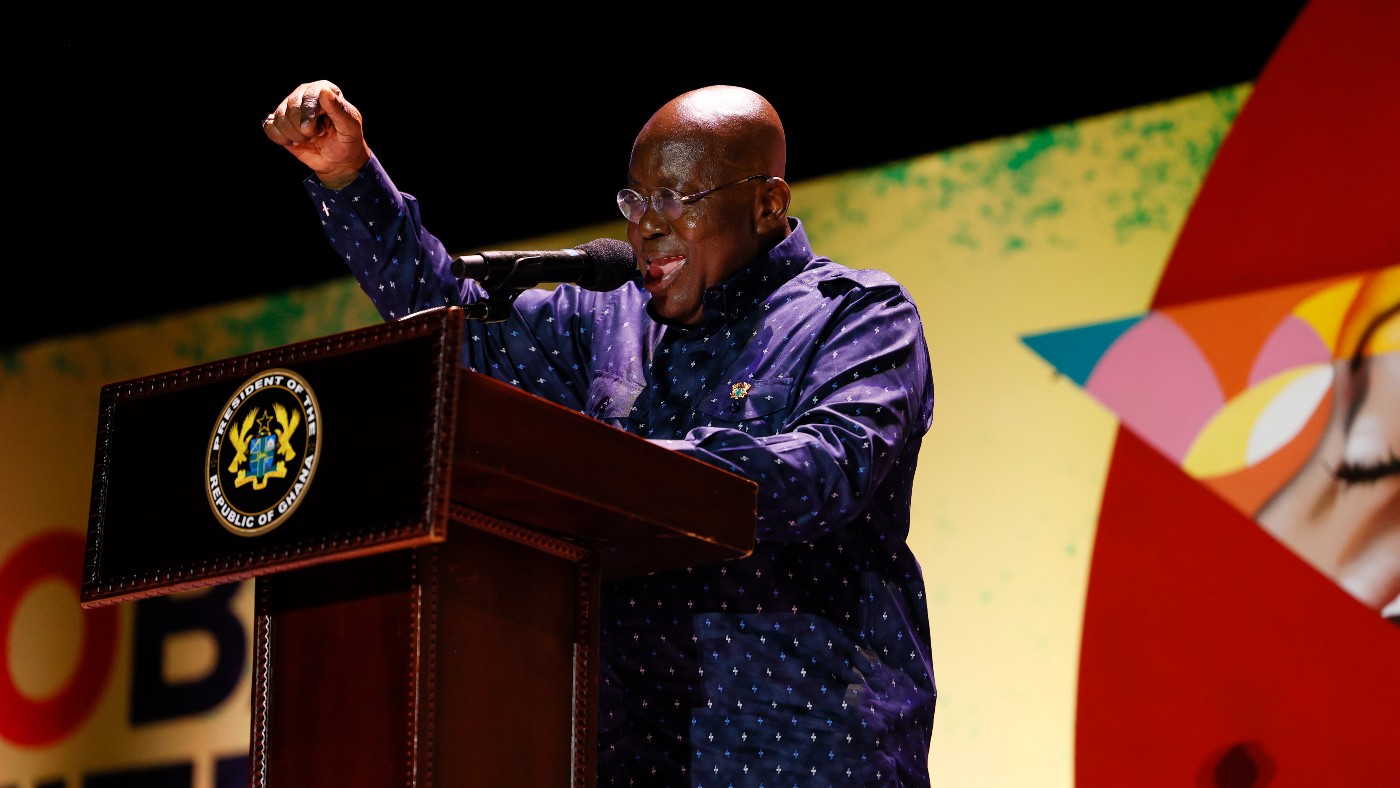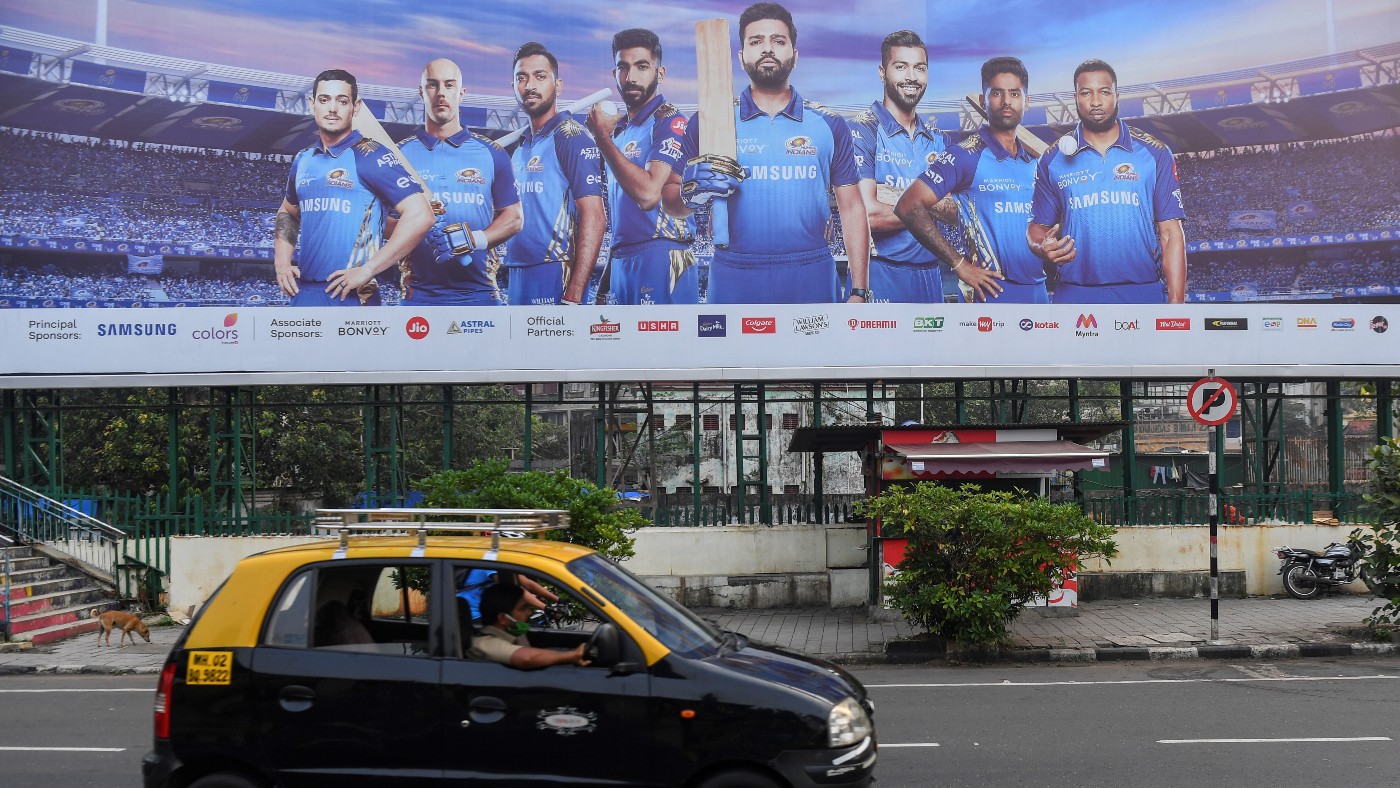The spiralling global rice crisis
India’s decision to ban exports is starting to have a domino effect around the world

A free daily email with the biggest news stories of the day – and the best features from TheWeek.com
You are now subscribed
Your newsletter sign-up was successful
Rice is a global staple and keeping the price low means “less people go to bed hungry”, said Al Jazeera. However, a controversial decision by the Indian government could upend this notion, and create chaos across the world.
India, which supplies about 40% of global rice exports, has taken the unprecedented step of banning the export of non-basmati white rice in an effort to curb domestic inflation.
But while this may have a positive impact within India, the rest of the world is likely to feel the full brunt of the decision. Rice elsewhere will be more expensive, and so will be less likely to reach the mouths of those who need it most.
The Week
Escape your echo chamber. Get the facts behind the news, plus analysis from multiple perspectives.

Sign up for The Week's Free Newsletters
From our morning news briefing to a weekly Good News Newsletter, get the best of The Week delivered directly to your inbox.
From our morning news briefing to a weekly Good News Newsletter, get the best of The Week delivered directly to your inbox.
The scale of the problem is shown by the fact that “rice is the primary source of sustenance for nearly half the world”, as The Economist reported. “The more its supply is threatened, the stronger the temptation to restrict exports will become.”
The price of rice, like so many foodstuffs, has been increasing. It is “11.3 percent higher than what it was a year ago”, said The Print, citing data from India’s Department of Consumer Affairs.
The FAO (UN Food and Agriculture Organizatioin) Food Price Index, which tracks monthly changes in the international prices of food and commodities, “increased 1.3 percent in July over June”, ABC News reported. This was attributed in particular to higher costs for rice and vegetable oil.
In fact, food prices are facing a “triple threat”, Al Jazeera said. Climate change has led to torrential flooding, which has had a devastating impact on crops and subsequently the livelihoods of farmers. This has been exacerbated in certain regions by heatwaves and wildfires destroying farmland.
A free daily email with the biggest news stories of the day – and the best features from TheWeek.com
The third issue to contend with is the ongoing war in Ukraine. Russia’s actions have “driven up commodity and grain prices around the world”, said The Guardian. Russia’s latest decision to withdraw from the Black Sea grain initiative, which allowed for safe exports of cereals from the region, has “prompted fresh concerns about a global food crisis”, the newspaper added.
The impact of India’s export ban are already being felt across the globe, and it is likely to “disrupt the market further through contagion”, The Economist said. It cited the decision of Vietnam to ban rice exports in 2008. This ultimately led to China, India and Cambodia doing the same.
History may already be repeating itself. In the past week, the United Arab Emirates has enacted its own temporary suspension of rice exports and re-exports. Its ministry of economy confirmed the four-month ban would cover “various types of rice and their products that do not originate from India”, said Al-Monitor. India’s decision has caused alarm for the UAE, which “imports 90% of its food”.
Panic buying has already been reported in the US. People have already been seen “climbing up the grocery store shelves to reach for rice bags”, The Independent reported.
It is not that demand is outstripping supply. In fact, at the Singla Rice Mills in Kurukshetra, India, there is plenty of stock. However, the workers “now cannot sell it to some of the world’s most vulnerable people”, Sky News said.
“Many of my clients will be cut off due to this,” Harsh Singla, a third-generation rice mill owner, told the broadcaster. “We will not be able to supply to them. This ban has disrupted our lines.”
Rice is not the only driver of food inflation in India. The price of tomatoes is also increasing, “leading to shortages, robberies, and even consumers travelling to neighbouring Nepal to find supplies”, The Independent said.
The rice ban, however, is likely to prove “detrimental to global food security”, BBC News reported. But there are “few things [that] frighten governments as much as hungry voters”, The Economist added, and it is this which may prove the deciding factor for the Indian government.
Meanwhile, both producers and consumers continue to suffer the impact of the rice ban. Farmers must reckon with waterlogged fields, but for those in top consuming countries such as Bangladesh, Indonesia, Thailand and Sri Lanka, the demand for rice is not letting up.
The UN estimates that 362 million people around the world are in need of food and aid. “It’s not a matter of sadness or disappointment, it’s a matter of threat to their future and the future of their children and their families,” Martin Griffiths, UN humanitarian coordinator, told Sky News.
“They’re not sad. They’re angry. They’re worried. They’re concerned. Some will go hungry. Some will starve. Many may die.”
Rebekah Evans joined The Week as newsletter editor in 2023 and has written on subjects ranging from Ukraine and Afghanistan to fast fashion and "brotox". She started her career at Reach plc, where she cut her teeth on news, before pivoting into personal finance at the height of the pandemic and cost-of-living crisis. Social affairs is another of her passions, and she has interviewed people from across the world and from all walks of life. Rebekah completed an NCTJ with the Press Association and has written for publications including The Guardian, The Week magazine, the Press Association and local newspapers.
-
 5 blacked out cartoons about the Epstein file redactions
5 blacked out cartoons about the Epstein file redactionsCartoons Artists take on hidden identities, a censored presidential seal, and more
-
 How Democrats are turning DOJ lemons into partisan lemonade
How Democrats are turning DOJ lemons into partisan lemonadeTODAY’S BIG QUESTION As the Trump administration continues to try — and fail — at indicting its political enemies, Democratic lawmakers have begun seizing the moment for themselves
-
 ICE’s new targets post-Minnesota retreat
ICE’s new targets post-Minnesota retreatIn the Spotlight Several cities are reportedly on ICE’s list for immigration crackdowns
-
 Pope aide under fire for 'mystical orgasms' book
Pope aide under fire for 'mystical orgasms' bookTall Tales And other stories from the stranger side of life
-
 Thieves who stole shopping bag in for big disappointment
Thieves who stole shopping bag in for big disappointmentTall Tales And other stories from the stranger side of life
-
 Woman has one in 50 million pregnancy
Woman has one in 50 million pregnancyTall Tales And other stories from the stranger side of life
-
 Netanyahu’s reforms: an existential threat to Israel?
Netanyahu’s reforms: an existential threat to Israel?feature The nation is divided over controversial move depriving Israel’s supreme court of the right to override government decisions
-
 A country still in crisis: Lebanon three years on from Beirut blast
A country still in crisis: Lebanon three years on from Beirut blastfeature Political, economic and criminal dramas are causing a damaging stalemate in the Middle East nation
-
 Ghana abolishes the death penalty
Ghana abolishes the death penaltyfeature It joins a growing list of African countries which are turning away from capital punishment
-
 EU-Tunisia agreement: a ‘dangerous’ deal to curb migration?
EU-Tunisia agreement: a ‘dangerous’ deal to curb migration?feature Brussels has pledged to give €100m to Tunisia to crack down on people smuggling and strengthen its borders
-
 The sinister side to India’s fantasy gaming craze
The sinister side to India’s fantasy gaming crazefeature Fantasy gaming is booming in India, despite the country's ban on gambling